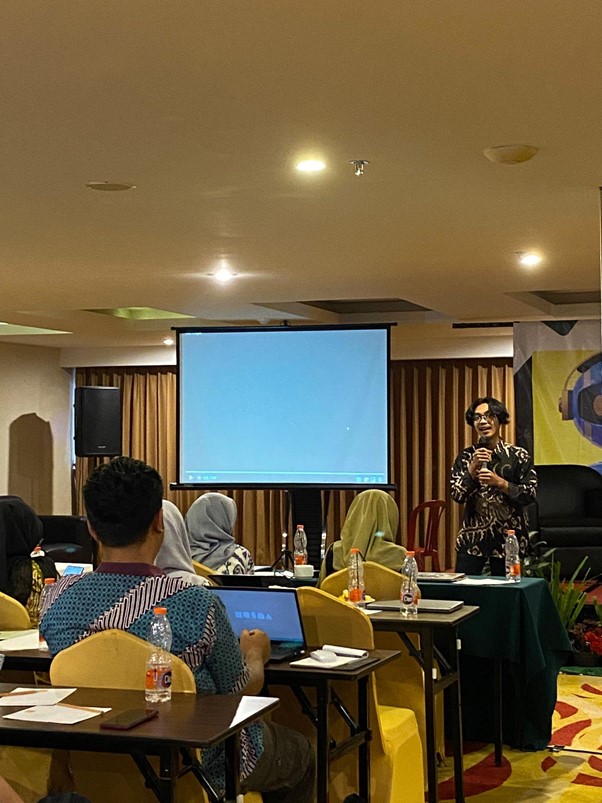Political plasticity: the future of democracy and dictatorship
Political plasticity: the future of democracy and dictatorship, edited by Fathali M. Moghaddam, Cambridge, Cambridge University Press, 2023, 227 pp., index, $29.99 (paperback), ISBN 978-1-009-27711-2 (hardback)
This book provides an investigation into how the quest for democracy is both influenced and restricted by the concept of political adaptability. Exploring this dynamic relationship contributes to understanding the complexities and challenges inherent in the journey toward achieving and sustaining democracy. One factor that substantially impacts political adaptability is the long-term relationship between chil- dren and caregivers, which influences a system’s capacity to adapt to the challenges in achieving democracy. Family characteristics vary across cultures and time, and a con- sistent aspect of human child-parent relationships is the initial helplessness of children. Children are born entirely dependent on adult care for survival, and this dependence persists for many years. The book explains how, by identifying these psychological pat- terns, people may better prepare for the future and, consequently, plan more successful political systems.
Chapter 1 delves into political plasticity as the key to understanding the future of democracy and dictatorship. Chapter 2 examines internal and external hardwiring aspects. The dominant position of current leaders is called into question in Chapter 3, which explores the emergence of populist reactions and the rise of authoritarian dictators and challenges the traditional liberal meaning of freedom connected with personal lib- erties and rights. The connection between the wealthy and the less affluent is explored in Chapter 4. Chapters 5 and 6 challenge predictions about ethnicity and religion’s decline, highlighting their enduring influence. Chapter 7 investigates the built environment’s role in shaping political behavior. The impact of the built environment on human behavior is an important source of continuity: The built environment generally changes slowly with some symbolically important parts of the built environment survive hundreds and even thousands of years, thus influencing slow change in human behavior.
Chapter 8 contends that revolution’s impact as a catalyst for change is complex, commonly misunderstood, and overstated. In Chapter 9, significant conflicts are examined as critical agents of change, emphasizing changes in political behavior caused by the two world wars. Chapter 10 explores the potential impact of technology on political behavior, which is neglected due to power imbalances in technology own- ership and control. Chapter 11 scrutinizes deglobalization and opposition to the global community, focusing on identity challenges. More efforts are required to create demo- cratic citizens and enhance intergroup connections. Chapter 12 delves into the dicta- tors’ mindset amid the 21st century democracy-dictatorship competition. By recognizing it, defending democracy requires not only fortifying formal institutions and the rule of law but also a comprehensive understanding of the dictator’s mind, thus empowering societies to navigate the nuanced challenges posed by potential auto- cratic leaders.
Moghaddam brings together insights from psychology, sociology, history, and pol- itical science to understand the adaptability of political systems comprehensively. The book delves into the dynamic adaptability of political systems, examining the evolution of democracies and dictatorships over time, offering a novel perspective on political change. Ultimately, the book’s content and depth might cater to a range of readers interested in political science and societal evolution.
DEMOCRATIZATION 1119
1120 BOOK REVIEWS
Unfortunately, the book oversimplifies the psychological processes that influence political behavior. The discussion tends to characterize globalization negatively without thoroughly understanding its various aspects. Furthermore, the book could have benefitted from a more balanced examination of beneficial globalization results such as economic growth and cultural interchange. The generalization of identity limits the book’s depth and nuanced understanding of needs across diverse popu- lations and the limited investigation of economic variables because generalization can lead to the neglect of minority or marginalized groups, as their specific needs and challenges might be overshadowed by broader categorizations.
This book is highly recommended for scholars and researchers interested in politi- cal theory, democratization, or authoritarianism to find insightful for their studies and research. Professionals in governance, policymakers, and analysts involved in shaping or assessing political systems find the book’s perspectives helpful in understanding the potential trajectories of democracies and dictatorships. Besides, anyone intrigued by political systems, societal changes, or the future of governance could find this book engaging and thought-provoking. In the end, the authors would like to express their gratitude to LPDP for supporting this publication.
Toni Hidayat
Penerima Beasiswa LPDP, Universitas Pendidikan Indonesia
toni.hidayat@upi.edu http://orcid.org/0009-0003-9385-600X
Muhammad Royhan
Penerima Beasiswa LPDP, Universitas Gadjah Mada
http://orcid.org/0000-0003-4292-5071
Said Khaidir
Penerima Beasiswa LPDP, Universitas Gadjah Mada
http://orcid.org/0009-0006-9849-6340
Iqbal Abdul Rizal
Penerima Beasiswa LPDP, Universitas Padjadjaran
http://orcid.org/0009-0004-7483-4195
Manggala Wiriya Tantra
Penerima Beasiswa LPDP, Universitas Gadjah Mada
http://orcid.org/0000-0003-0665-5262
© 2024 Toni Hidayat https://doi.org/10.1080/13510347.2024.2311152
Berita populer

Pengumuman Peserta Fase 2 - Program Sertifikasi Kompetensi BNSP Content Creator Pemuda Jawa Barat
Acara | Thursday, 06 February 2025
Pengumuman: Link Sertifikat Peserta BNSP Content Creator 2025
Pendidikan | Wednesday, 12 March 2025
Dispora Jabar Present West Java Youth Digital Training Program di Karawang
Acara | Monday, 14 October 2024Sebagai media pengembangan skill, keterampilan dan ruang untuk berinovasi bagi pemuda dan pemudi di Jawa Barat
Copyright © 2024 Pemerintah Daerah Provinsi Jawa Barat. All Right Reserved
Alamat
Dinas Pemuda dan Olahraga Provinsi Jawa Barat
Jl. Pacuan Kuda No.140, Sukamiskin, Kec. Arcamanik, Kota Bandung, Jawa Barat 40293

